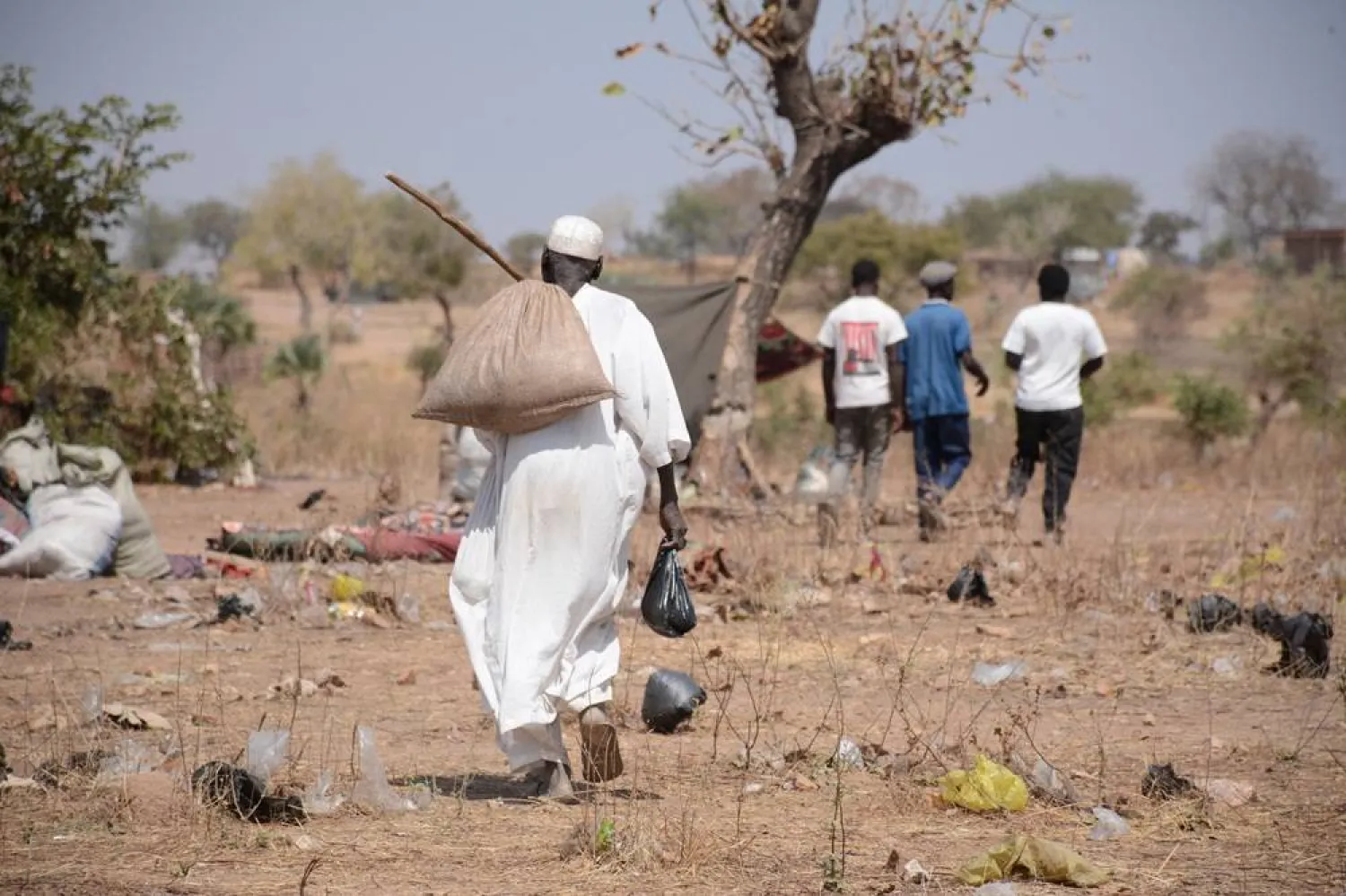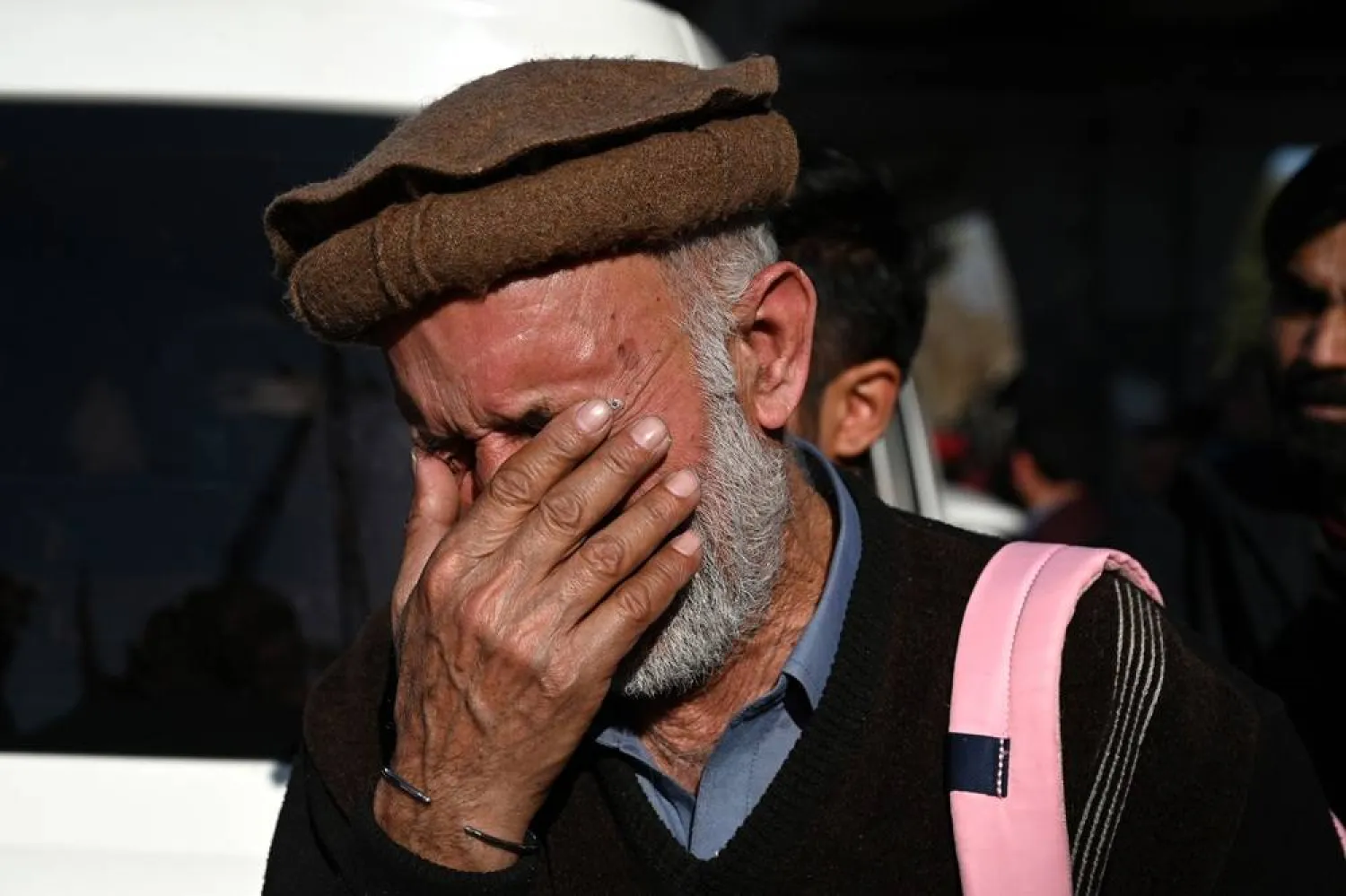Saudi Arabia’s Foreign Minister, Prince Faisal bin Farhan, and US Secretary of State Antony Blinken shared news of progress towards a security deal between their countries at a World Economic Forum (WEF) meeting in Riyadh on Monday.
Prince Faisal emphasized Saudi Arabia’s call for an immediate and lasting ceasefire in Gaza and urged for a comprehensive solution to create a Palestinian state.
On his part, Blinken urged Hamas to swiftly consider an “extraordinarily generous” offer from Israel, highlighting the need to end the Gaza crisis.
According to Blinken, in order to proceed with normalization of ties between Israel and regional states, the crisis in Gaza must end and a path should be charted for the establishment of a Palestinian state.
Speaking during a panel discussion at the WEF’s special meeting in Riyadh, Prince Faisal emphasized the international community’s need to establish a “credible and irreversible” path towards the creation of a Palestinian state.
He noted that the United Nations estimates Gaza’s reconstruction will take 30 years, and underscored that the Palestinians’ plight in the West Bank cannot be ignored.
Prince Faisal revealed that Saudi Arabia and the US are close to finalizing bilateral agreements, expecting them to be sealed in “the near future.”
“Most of the work has already been completed. We have outlined what we believe needs to happen on the Palestinian front,” he said.
On Iran’s regional role, Prince Faisal emphasized the need to prioritize Palestinian rights and self-determination. He suggested that resolving the conflict could bolster regional independence, presenting an opportunity for Iran to promote peace and cooperation.
Blinken echoed Prince Faisal’s statement on the US being close to finalizing a security deal with Saudi Arabia.
The top US diplomat mentioned that the work Saudi Arabia and the US are doing together on agreements is on track and may be very close to be finished.
Blinken urged Hamas to quickly decide on Israel’s offer, stating it would change the situation. He assured that the US wouldn’t support any significant Israeli military action harming civilians.
Blinken mentioned intense efforts for Israel-Saudi Arabia normalization of ties, aligning with Gaza crisis resolution and Palestinian state creation.
He highlighted geopolitical changes and global challenges, emphasizing the need for collective responses.
Responding to a question about the humanitarian crisis in Gaza, Blinken defended by saying that the US is doing everything it can to prevent the humanitarian suffering seen every day in Gaza since October.
He emphasized the urgent need for a ceasefire and hostage release.
Moreover, Blinken thanked Qatar and Egypt for their role in ceasefire efforts.
Addressing concerns of a potential Israeli military strike on Rafah, the US Secretary of State reiterated the stance that without a solid plan to protect civilians, Washington cannot support a major military operation there.
When asked about broader efforts to resolve the Israeli-Palestinian conflict and establish a Palestinian state, Blinken emphasized the need for both humanitarian assistance in Gaza and a political plan for Palestinians.
He outlined two paths for the region: one focused on integration and cooperation, leading to security and stability.
Regarding talks on a US-Saudi bilateral agreement for normalization with Israel, Blinken indicated progress but stressed the importance of resolving the Gaza crisis and establishing a Palestinian state first.
He believed that forging relations between Israel and all regional countries, alongside creating a Palestinian state, would effectively challenge Iran and Hamas.









